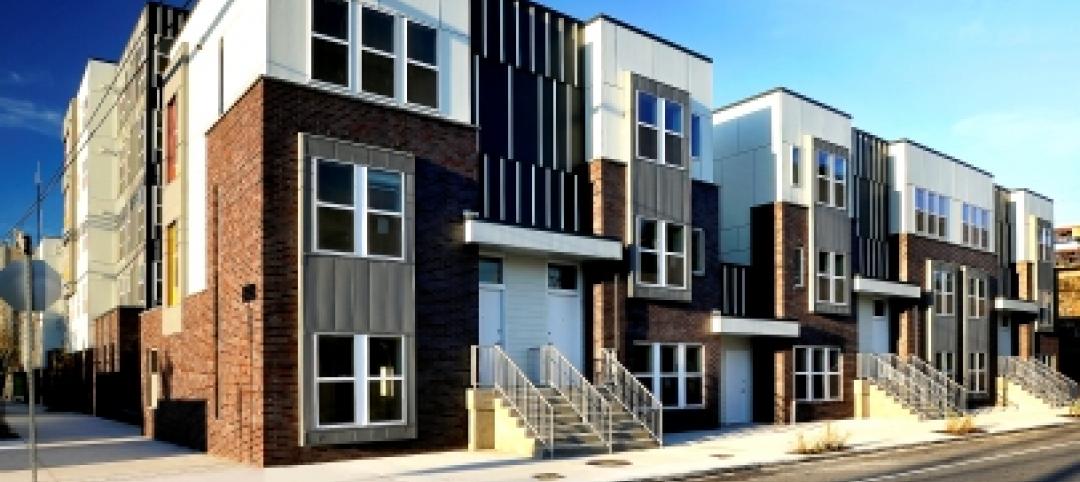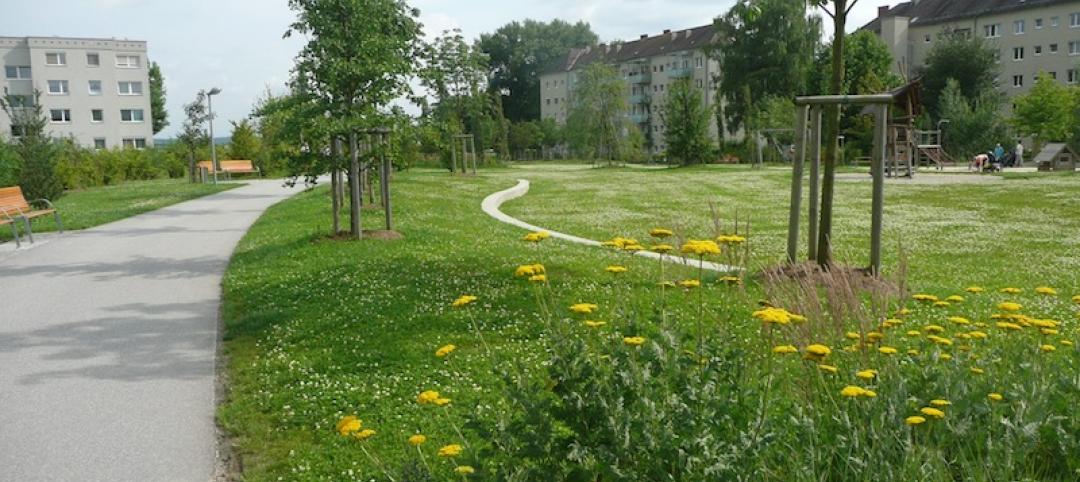Bureaucratic ineptitude ruined the U.K.’s disastrous home retrofit program, and the U.S. could draw valuable lessons from the debacle.
Last summer the U.K. unveiled a “build back better” economic stimulus package that was centered around a $2 billion program to retrofit homes. The program was supposed to fund energy efficiency and clean heat upgrades in 600,000 homes, but it was canceled recently after a six-month effort that may have killed more jobs than it created.
The Green Homes Grants program allowed most U.K. homeowners and landlords to receive up to about $6,900 to help pay for insulation, electric heating systems, and other energy-efficient upgrades such as new windows, doors, and heating controls. Low-income homeowners were eligible for up to nearly $14,000.
But, in order to apply, building owners had to obtain a quote from an accredited installer—few of which existed. Installers were reluctant to go through the time-consuming and expensive process of getting accredited without a longer-term assurance that there would be work. Program administrators often rejected quotes for being too high, asking applicants to provide more details or seek out additional estimates. Many homeowners dropped their retrofit plans as a result.
Retrofitting homes is a major part of the Biden Administration’s $2 trillion American Jobs Plan aimed at economic recovery from the COVID-19 recession. The administration can look across the Atlantic as a lesson on how to avoid failure.
Related Stories
| Jan 8, 2014
Architect sentenced to a year in jail for firefighter's death
Architect Gerhard Becker was sentenced to a year in LA county jail after pleading no contest to the manslaughter of a firefighter who died while trying to contain a fire in a home the architect had designed for himself.
| Jan 8, 2014
United Association, NRDC seek major plumbing code changes
Proposed changes include mandating the insulation of hot water piping in new buildings.
| Jan 2, 2014
EPA move to assert oversight on small bodies of water among top regulatory battles for 2014
The EPA has started the process of declaring that it has the power to regulate streams, brooks, and small ponds.
| Jan 2, 2014
Paseo Verde in Philadelphia is nation’s first LEED Platinum neighborhood development
Paseo Verde, a mixed-use, mixed-income community hosted a ribbon cutting ceremony last month.
| Jan 2, 2014
Green infrastructure prominent in Akron, Ohio's sewer plans
City officials in Akron, Ohio want to prevent stormwater from entering its combined sewer system through the use of green infrastructure.
| Jan 2, 2014
OSHA to hold public meeting on proposed rule to improve tracking of workplace injuries
The Occupational Safety and Health Administration (OSHA) has scheduled a public meeting to allow interested parties to comment on the proposed rule to improve tracking of workplace injuries and illnesses.
| Jan 2, 2014
Measuring whole building energy use among big changes in LEED v4
A new prerequisite in LEED v4 calls for each project to measure whole building energy use, and then share that data with USGBC.
| Jan 1, 2014
San Francisco hosts Net Positive Energy + Water Conference
The Living Building Challenge’s Net Positive Energy + Water Conference will be held Feb. 4-5 in San Francisco.
| Dec 27, 2013
California’s new Title 24 energy code compliance date pushed back to July 1, 2014
Due to the stringency of the provisions in California’s new Title 24 energy codes, their implementation has been postponed until July 1, 2014 to allow jurisdictions and engineers to prepare for them.
| Dec 27, 2013
$1 billion 'city within a city' development approved by Coachella, Calif., city council
The mega development includes 7,800 homes, a retail center, office space, and nearly 350 acres of open space.

















